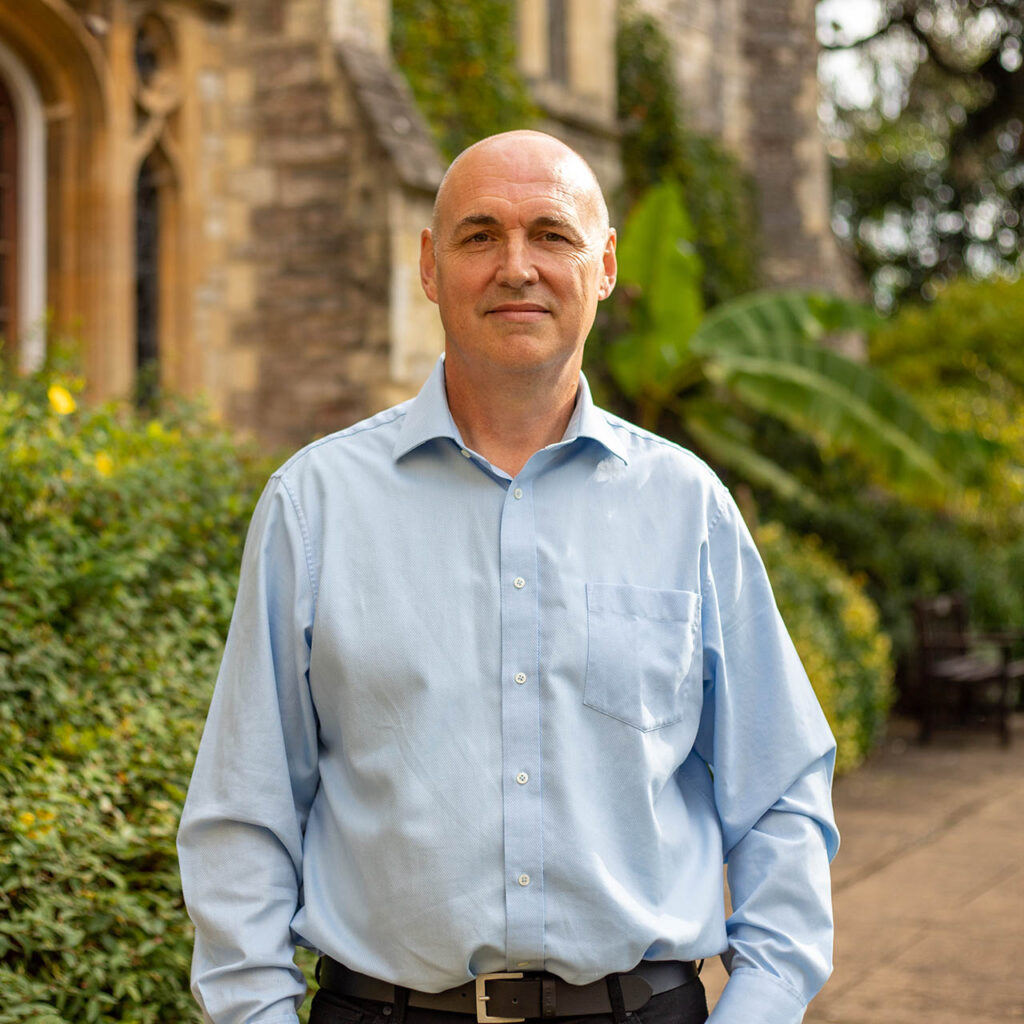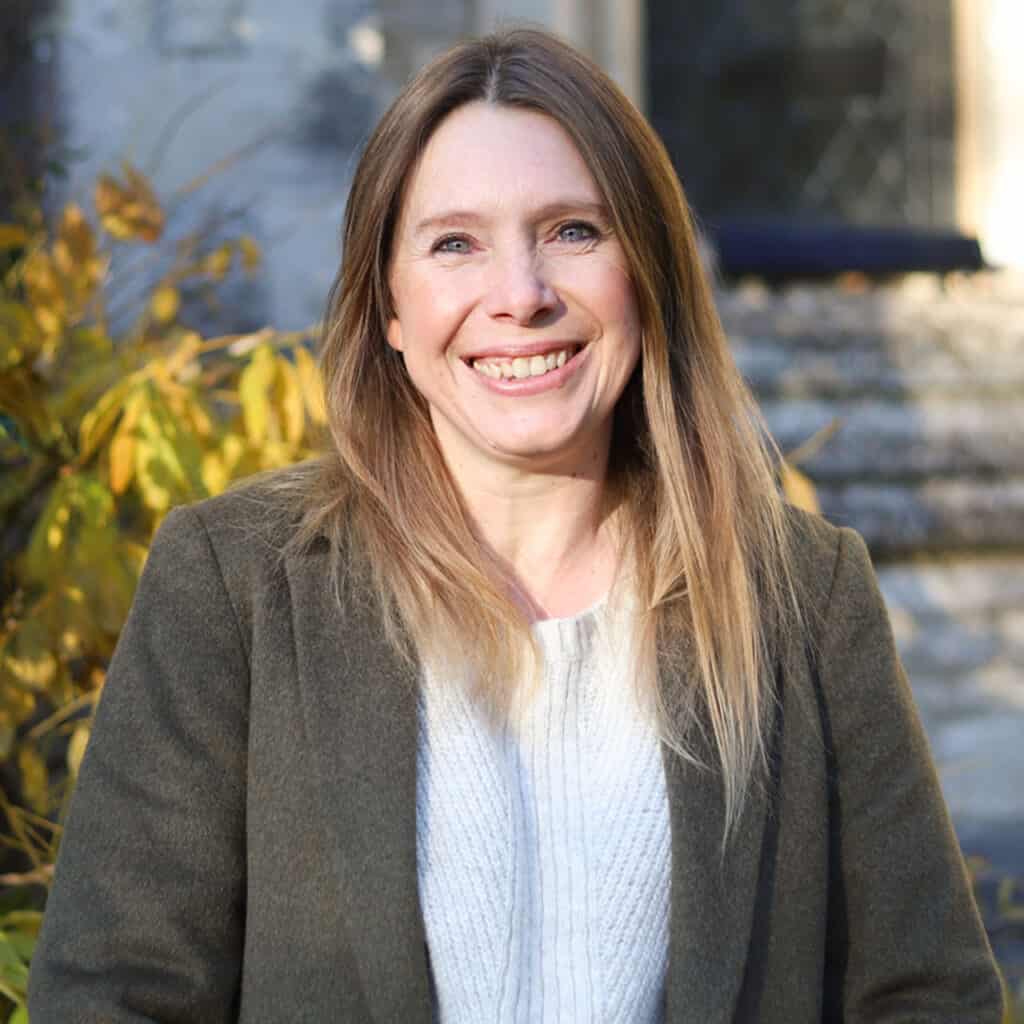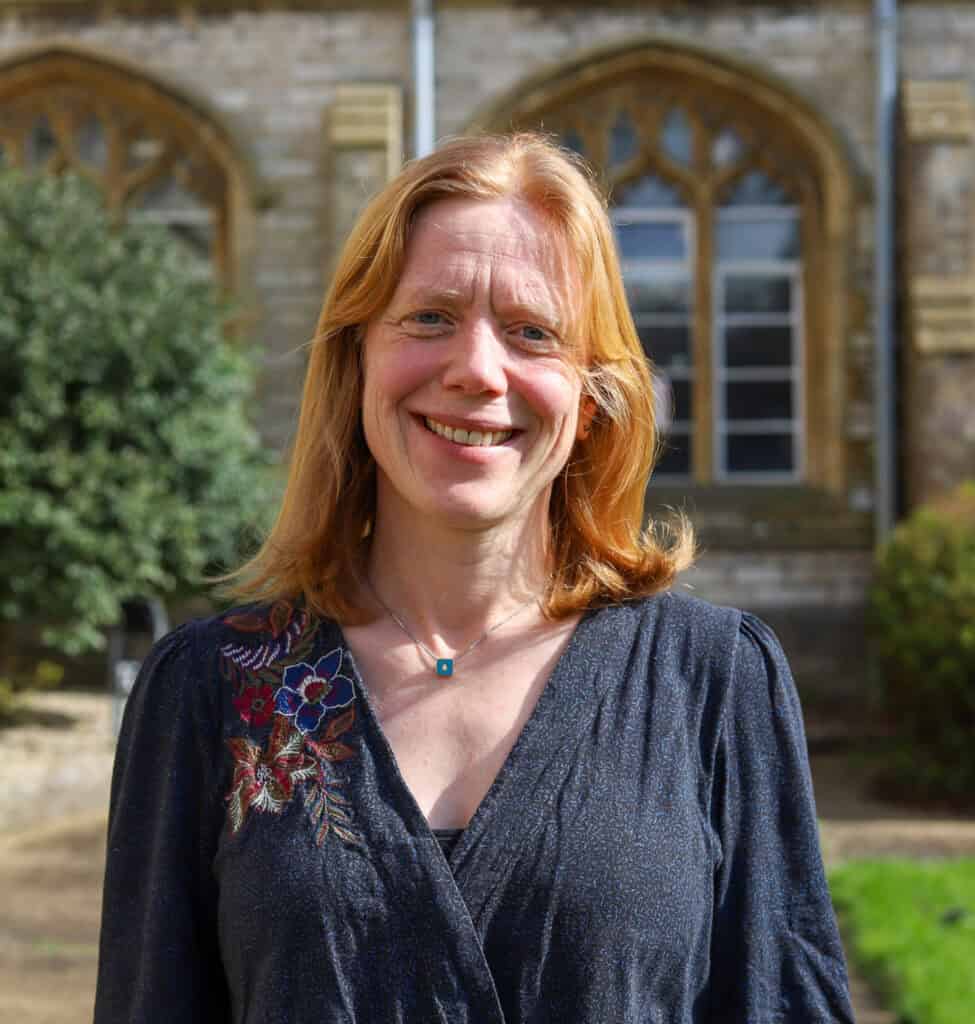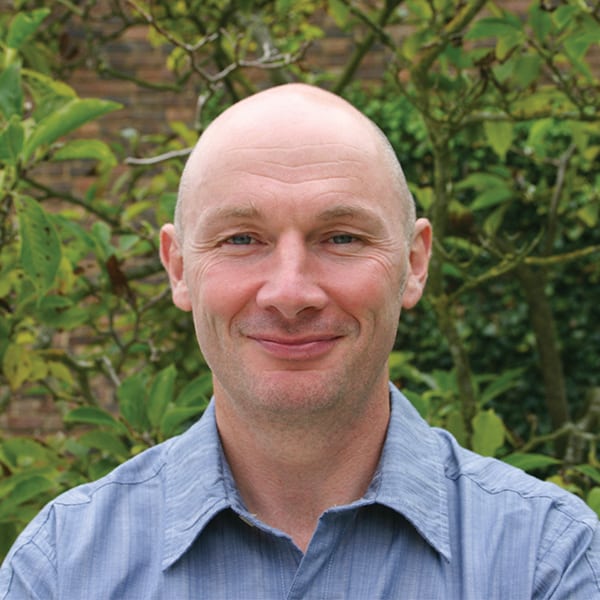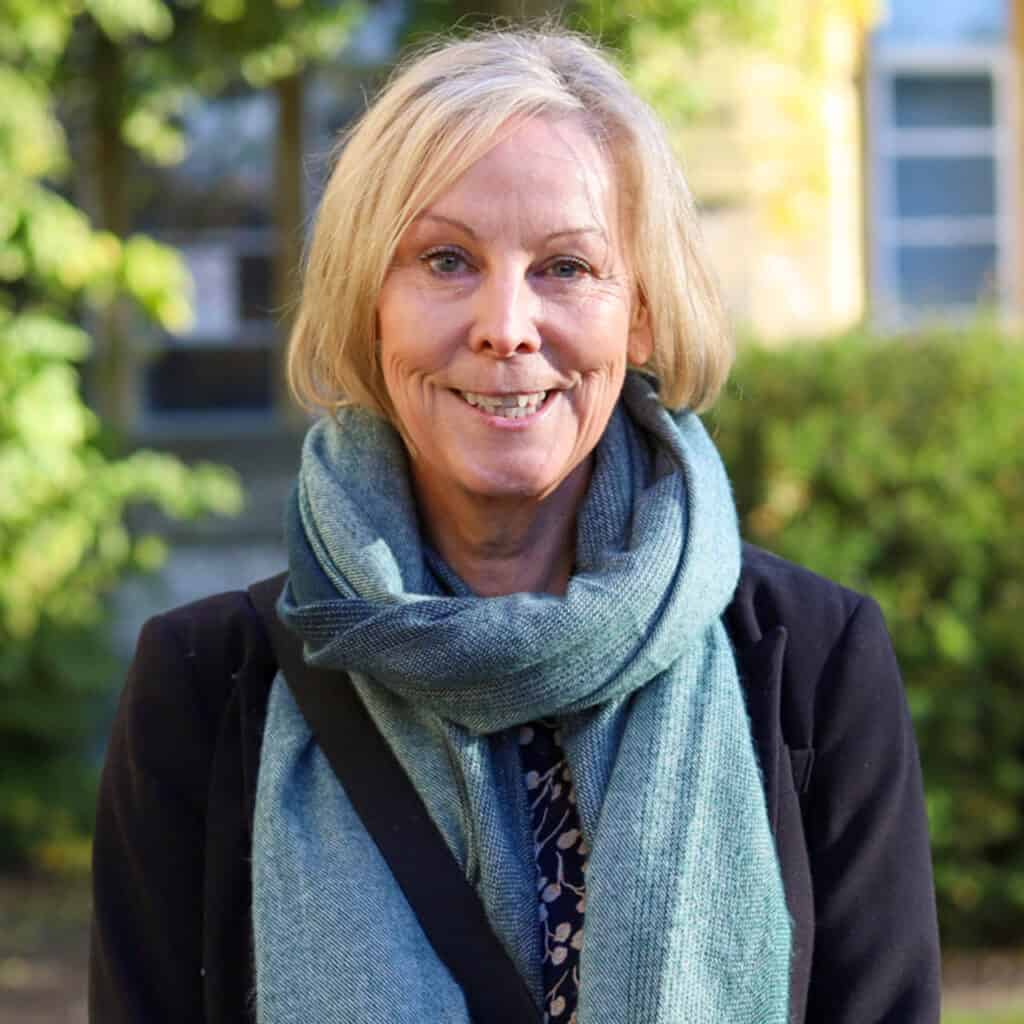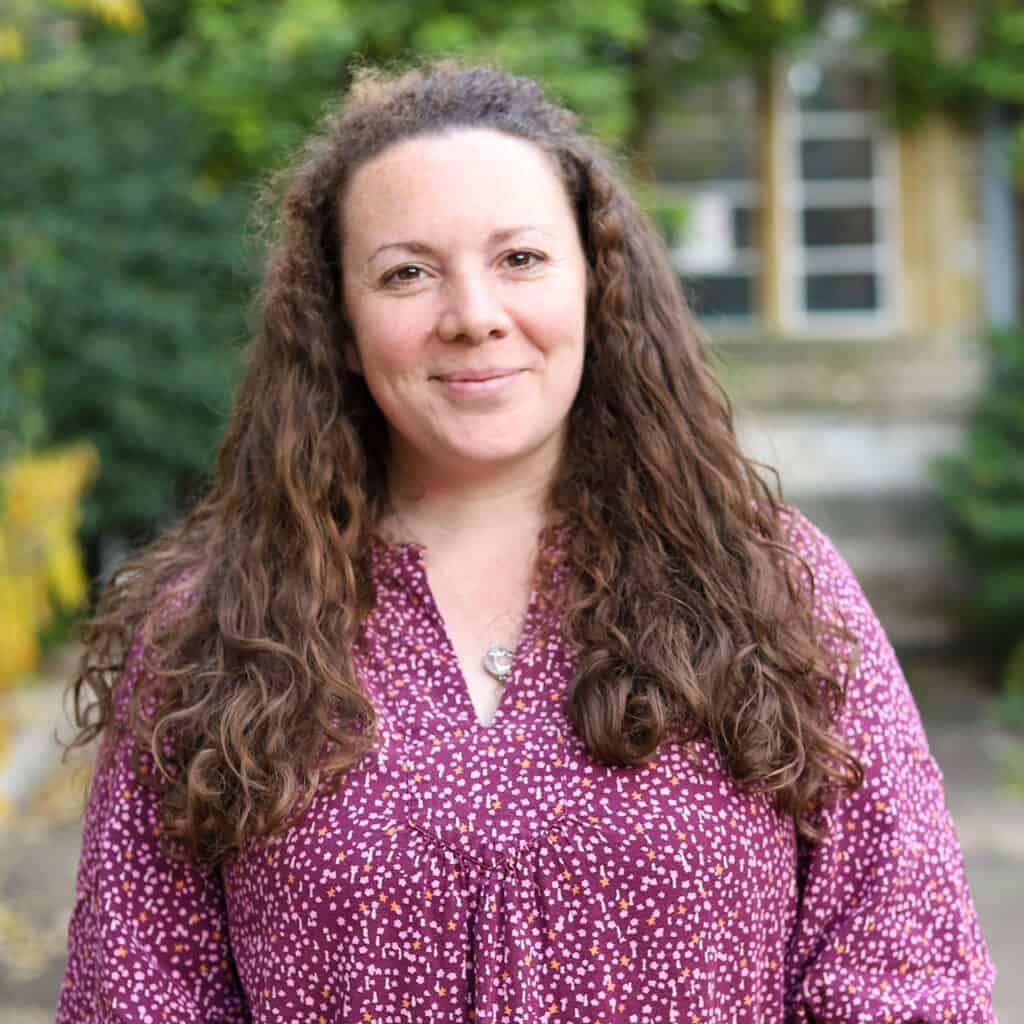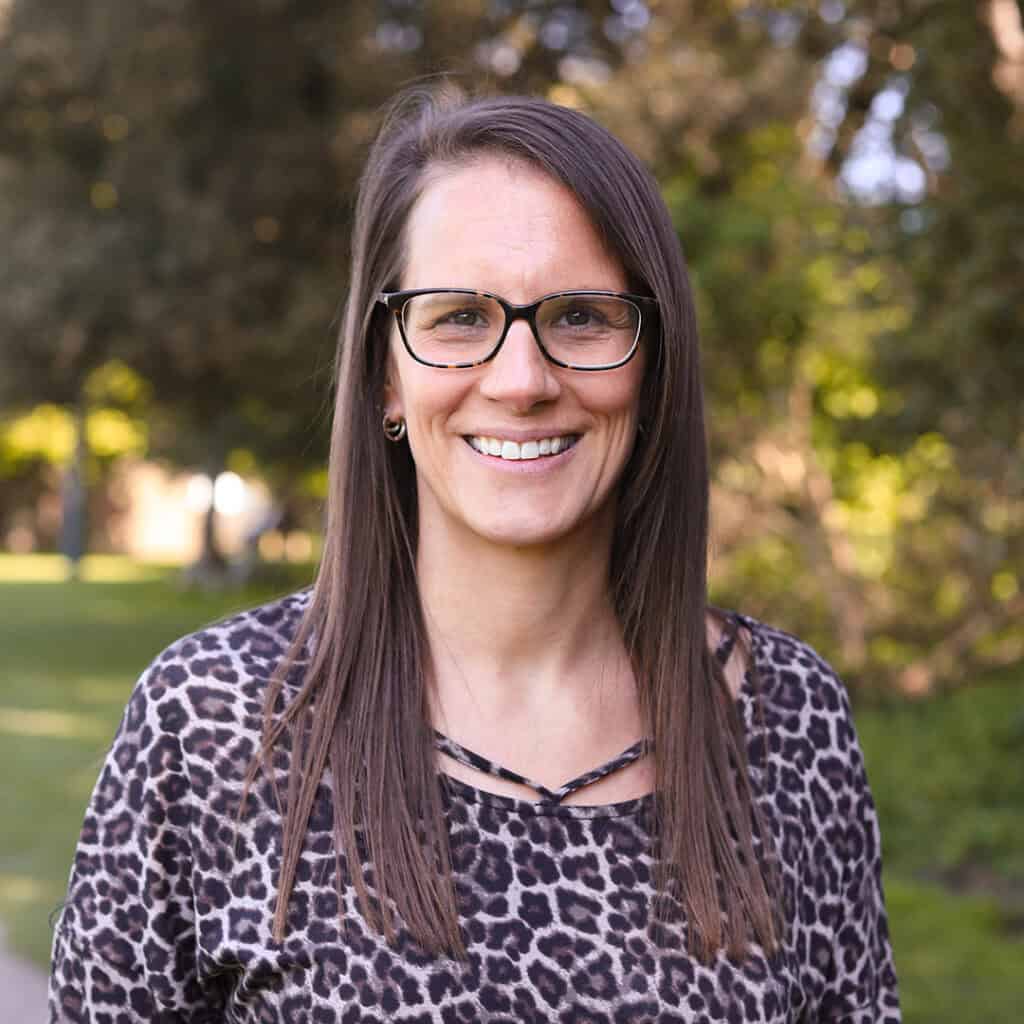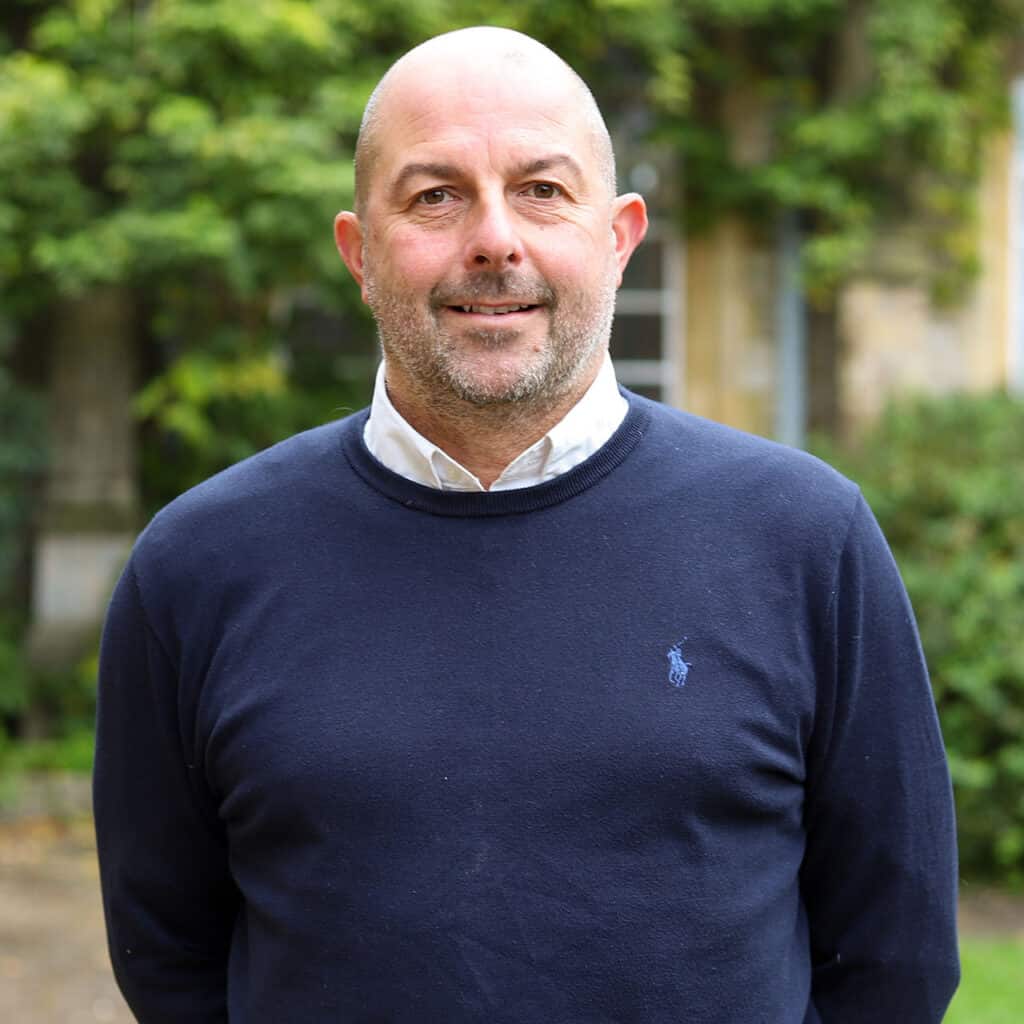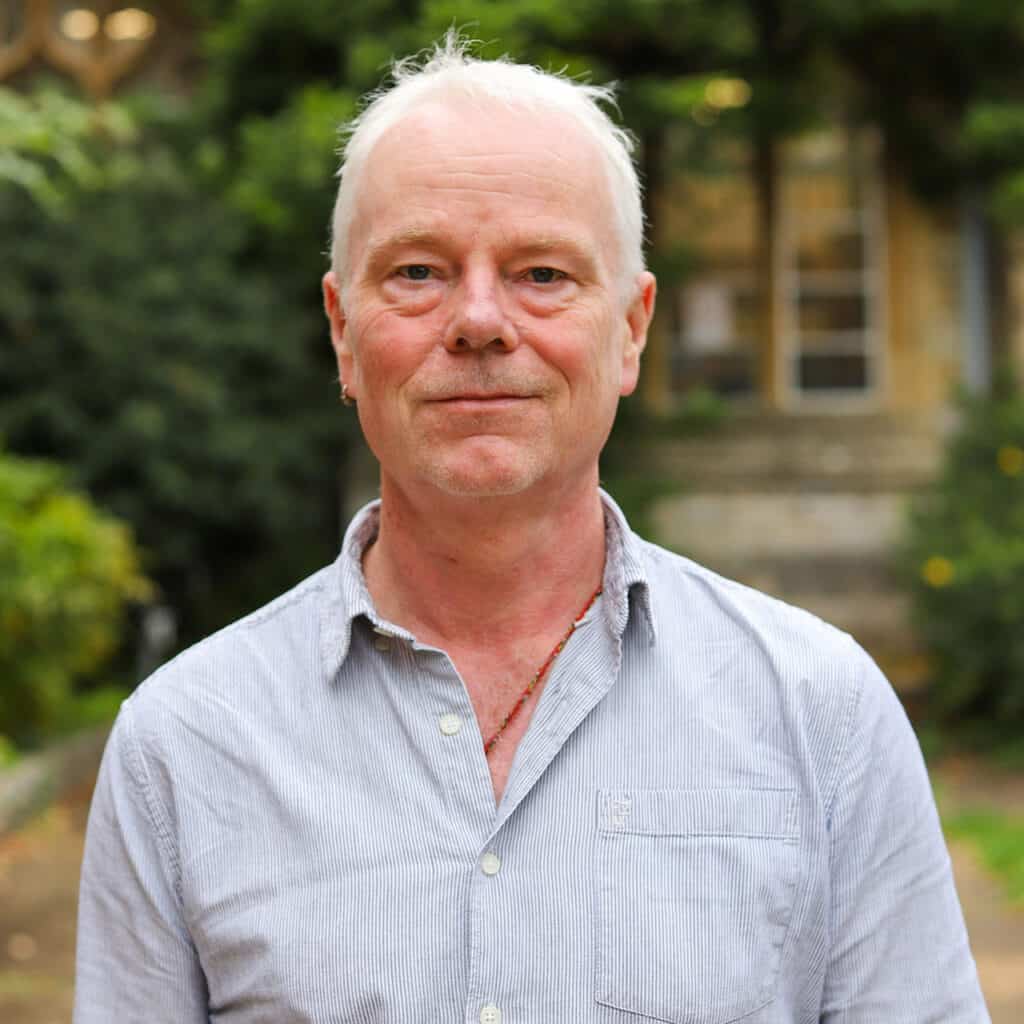Health and Wellbeing Research
Sport Health and Wellbeing Research
Exploring the health and wellbeing of adults and children
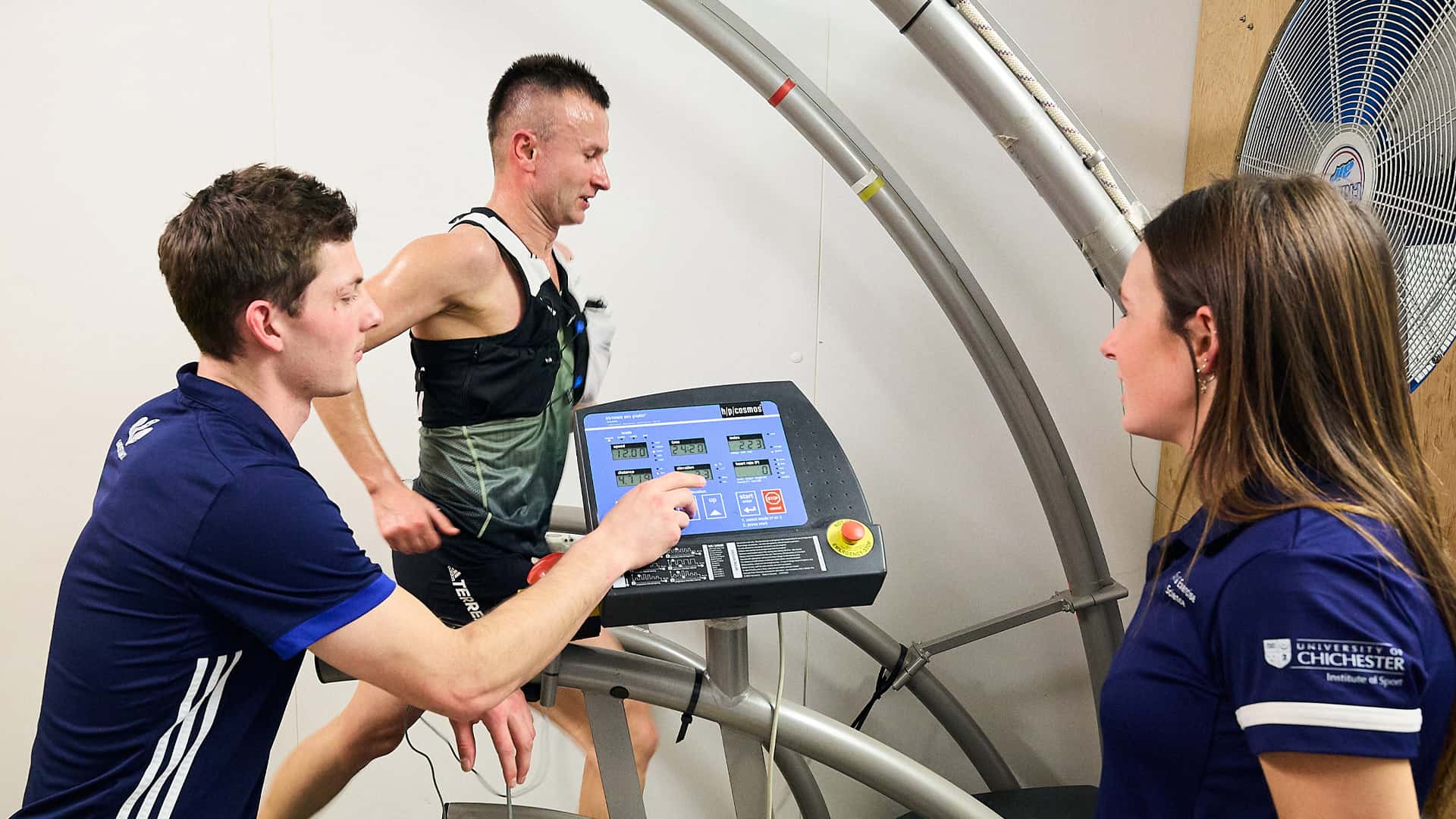
Sport and physical activity has been shown to have enormous benefits for our physical and mental well-being. Researchers in this theme develop understanding of the impacts of physical activity, and how to promote it, in a wide range of settings and populations. These include workplace settings, amongst individuals with heart problems, and amongst recent amputees, with people with intellectual disabilities and in children. In addition, research has also explored the physical, neurological and psychological benefits of non-sporting physical activity such as drumming. Two recent, EU funded projects explore the impact of Men’s Sheds on health behaviours and the sexual health of over 45’s.
For enquiries concerned with Health and Well-Being Research please contact Dr Melissa Day on m.day@chi.ac.uk or Dr Marcus Smith on m.smith@chi.ac.uk.
Browse our Projects
Health and wellbeing research projects
Explore our research projects below.
Interreg Funded Projects
Research funded by Interreg 2 Seas
Step by Step
Empowering men to move from poor health and or isolation to healthy social participation or active engagement in the labour market.
SHIFT
Working to empower people aged over 45 to participate in sexual health services and improve their sexual health and wellbeing.
Physical and Mental Health Benefits of Drumming
Using drumming to improve wellbeing
For the past 20 years pioneering work has taken place at the University of Chichester exploring the physiological demands of drumming (Smith, 2002) and the use of drumming as an intervention to improve mental and physical well-being (e.g., Bruchhage et al., 2020).
Fatigue erodes skill and for the drummer this may be experienced during a single performance (e.g. Glastonbury Festival) or over multiple performances (e.g. Blondie’s ‘No Exit’ World Tour). Research has demonstrated the intermittent nature of drumming, with maximum heart rate (Smith, 2008), significant energy expenditure (De la Rue, 2013) and high sweat rate (Smith, 2013) values being recorded.
The learning of a new skill requires the brain to adapt in terms of its structure and function. Research collaborations between the University of Chichester and colleagues at the Clem Burke Drumming Project have demonstrated drumming to be a potent stimulus for brain plasticity (Amad et al., 2017). Observed changes relate to the requirement of having to co-ordinate multiple limbs from the upper/lower and left/right side of the body (Bruchahhe et al., 2020). Enhanced connectivity between different brain regions is of particular interest to those working in autism and may help explain our previous findings showing positive changes in behaviour among primary school children following drumming practice (Lowry et al., 2019).
We are interested in expanding our work in autism and commencing studies exploring the effect of drumming practice in ADHD (Attention Deficit Hyperactivity Disorder) and dementia.
Are you interested in finding out more about this research area or getting involved in our research projects? Please email Marcus Smith on m.smith@chi.ac.uk.
Promoting Health and Wellbeing in Older and Midlife Adults
Promoting healthy behaviour change and wellbeing in adults
As populations age, it is vital to promote healthy behaviour change in order to help combat the natural decline of health and wellbeing. Researchers within the Institute of Sport explore ways in which older and midlife adults can maintain and enhance their physical and mental health.
Our researchers have examined the effects of eccentric endurance exercise, in the form of downhill treadmill walking, as an exercise modality to improve functional capacity of older adults, as well as the use of self-selected exercise intensity. In addition, we explored the development of a simple public health message, using metabolic equivalents of one-mile walking, with an aim encourage older adults to be more active.
Our researchers have also been involved in two EU-funded projects which aim to improve different aspects of health and wellbeing for middle-aged and older adults in the UK, Netherlands, Belgium and France. The Step-by-Step (SBS) project aims to empower men to move from poor health and/or isolation to healthy social participation or active engagement in the labour market, through a new co-created delivery model for Community Men’s Sheds. The target group for SBS is specifically men, in particular those who may be socially isolated and suffering from poor mental health or wellbeing. Sexual Health in the Over 45s (SHIFT) aims to empower people aged over 45 to participate in sexual health services and improve their sexual health and wellbeing. This project will see the development of an intervention to improve sexual health, wellbeing and awareness, specifically targeting over 45s who are experiencing socio-economic disadvantage. The evaluation of both the SBS and SHIFT interventions are being led by research teams from the Institute of Sport and Department of Psychology and Counselling at the University of Chichester.
For more information about SBS, you can contact the team by emailing sbsproject@chi.ac.uk or follow us on Twitter @SBS_Project_Chi.
To keep up with progress on the SHIFT project, follow us on Twitter @ChichesterShift or email the team at shiftproject@chi.ac.uk.
Our Researchers
Children's Experiences of Health and Wellbeing
Promoting health in children through sport and physical education
Sport and physical activity has long been considered to be a powerful factor in promoting childhood health and well-being. Our researchers are interested in how and when physical activity, sport and physical education experiences can promote such well-being changes and how we can better promote health and well-being through physical activity.
Two key strands can be seen in our research activity. First, we examine the factors that influence a child’s experience of physical activity (whether through formal coaching, teaching or play). In particular we examine how sociocultural factors (class, power dynamics, culture) shape the experience and impact of being physical active. In this line of research, we are particularly keen on exploring research methods (e.g., drawing, photography) that allow us to more fully access the child’s voice and subjective experiences. Second, our research examines the potential short and long-term health benefits of physical activity in children. In this strand, we have explored the efficacy of schemes such as the daily mile on physical activity participation, attitudes to physical activity and physical fitness. We have also evaluated exercise schemes designed to promote activity within obese populations.
Are you interested in finding out more about this research area or getting involved in our research projects? Please email Suzanne Everley on s.everley@chi.ac.uk.
Our Researchers
Suzanne Everley
Reader in the Sociology of Physical Education, Activity and Health, Senior Fellow of the Higher Education Academy, Deputy Director South Coast Doctoral Training Partnership, Chair of the Association of Child Protection Professionals’ Special Interest Group Safeguarding in Sport, Development Lead for the Women’s Sport Leadership Academy
